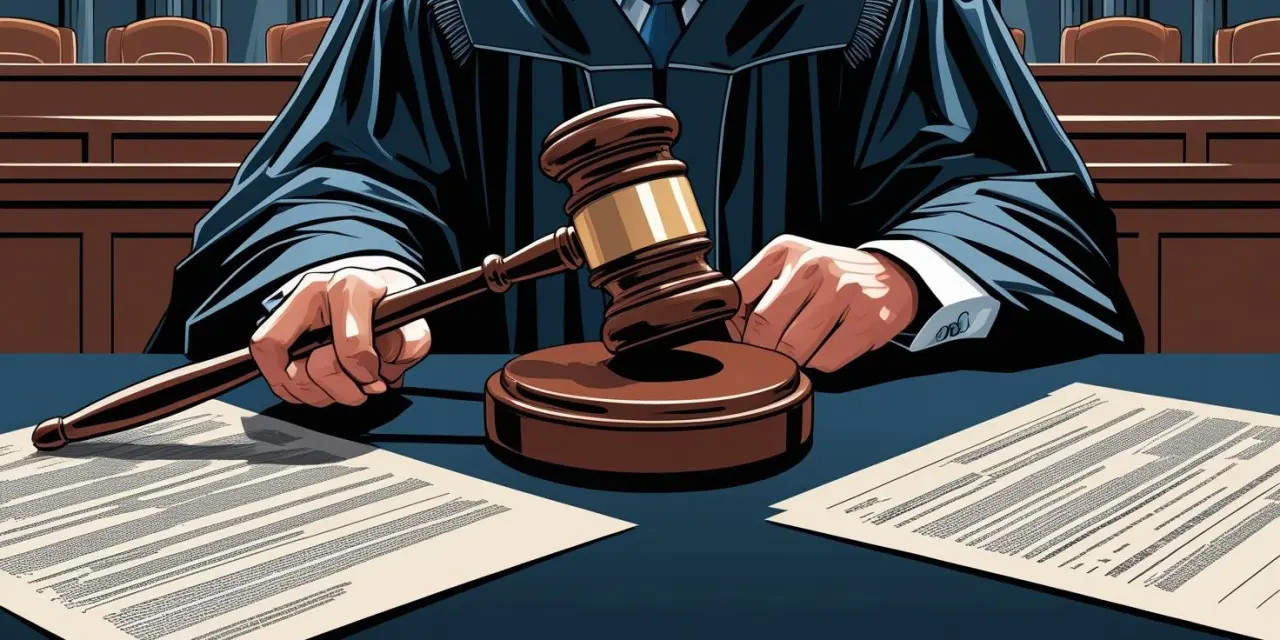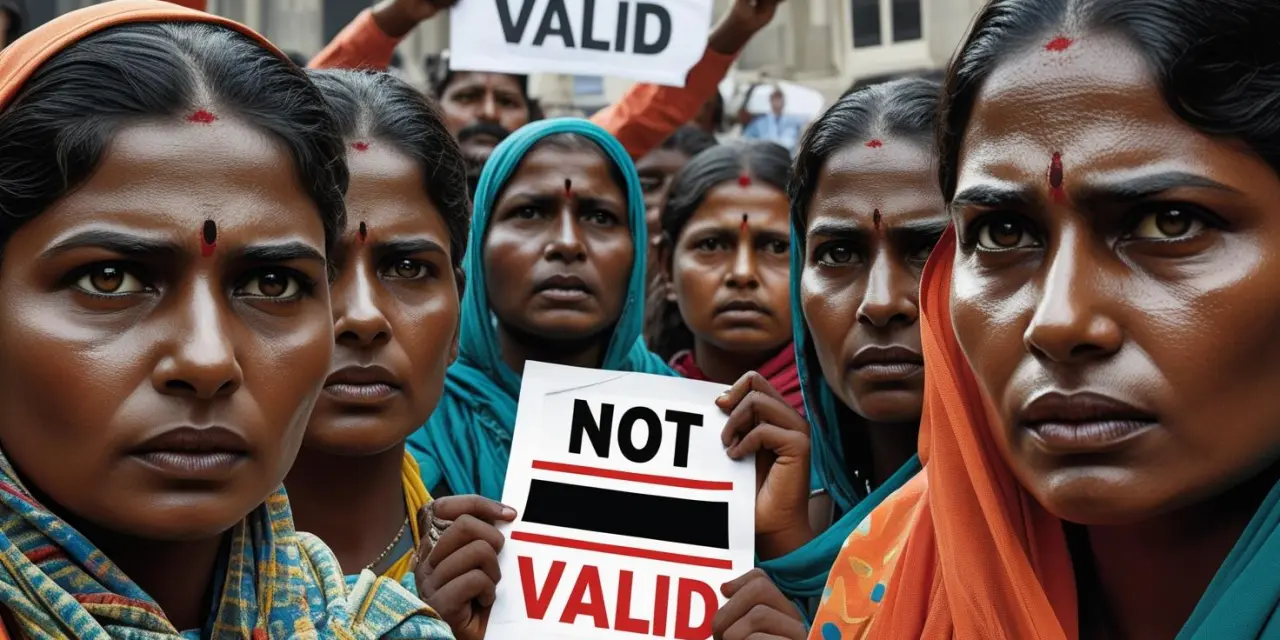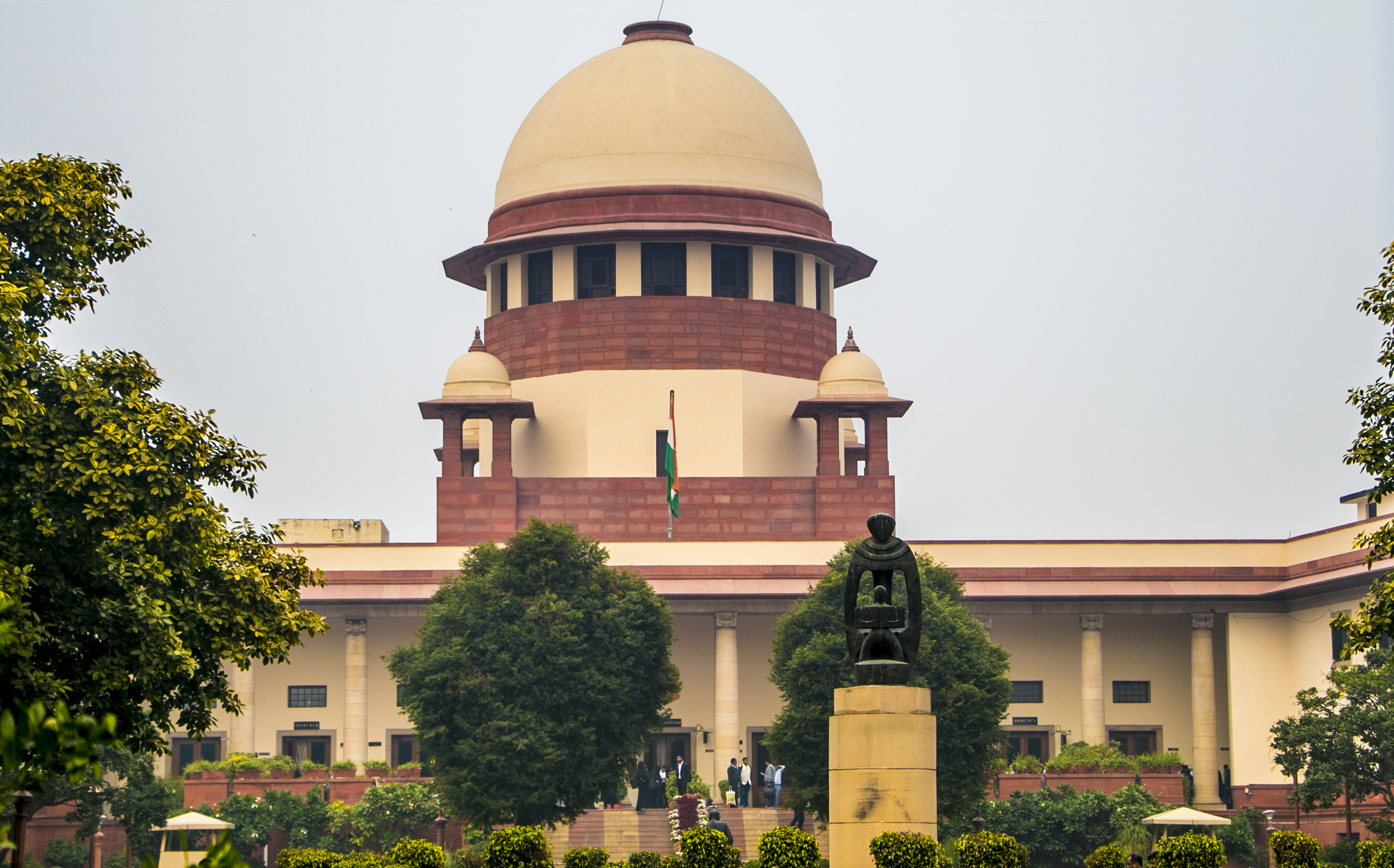Growing Voters List Anomalies Spark Calls for ECI Accountability
Six EPIC Numbers, One Voter: A Red Flag
“The voter roll that I have looked at is in relation to two specific polling stations and the cross verifications I have done is primarily desk-based,” Nayak explained. “Three days ago on social media, a certain page from that voter list was circulated with photographs of the voters. The post said that one lady, who is a registered voter in the constituency of Nalasopara and who votes through that polling station, had her name mentioned about six times on the voter list.”
An EPIC number — the Electors Photo Identity Card number — is the unique identifier assigned to every voter in India’s electoral database. By design, no two voters can share the same number, and no individual can possess more than one. The discovery that a single person has been assigned six different EPIC numbers is therefore not a clerical slip, but a serious discrepancy that undermines the credibility of the rolls. It creates the possibility of duplicate voting, erodes public trust in the system, and signals a glaring failure in the Election Commission’s responsibility to maintain free and fair elections.
Explaining the motivation behind his inquiry, Nayak added, “The reason we conducted this cross-verification was that, when similar stories appeared earlier, opposition parties cited photographic rolls as evidence. The Election Commission dismissed those claims, saying the documents being circulated were not generated by them. So, we decided to test this using the ECI’s own publicly available database. And as you can see, the duplication is very real.”
When Public Data Disappears, Trust in Elections Suffers
India today has nearly one billion registered voters — about 970 million during the 2024 Lok Sabha elections. Cross-verifying every entry across all rolls would require an army of researchers, which is far beyond the financial and human capacity of civil society groups. However, Nayak pointed out that when individuals and organisations do undertake such checks and bring discrepancies to light, it becomes the duty of the ECI to respond, act, and provide a transparent explanation.
The issue has also taken a political turn. After Congress leader Rahul Gandhi raised questions in a recent press conference about voter roll irregularities, concerns about transparency have only deepened. Citizens and watchdogs alike are asking: how is it that critical data, which should be publicly available for scrutiny, can suddenly go missing from official portals?



